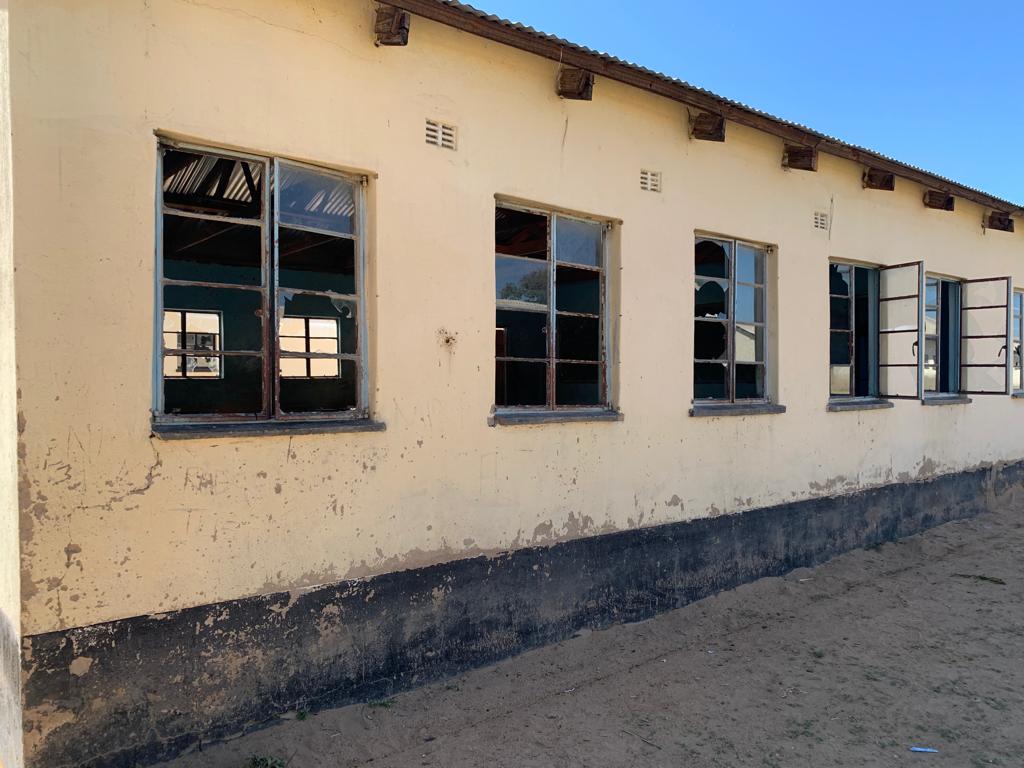Senators have urged the Ministry of Primary and Secondary Education to prioritise the construction of school infrastructure and recruitment of teachers for Early Childhood Development (ECD) learning.
This follows the realisation that Zimbabwe has a national ECD policy that requires primary schools to offer at least two early childhood classes for children aged three to five years, but that a lack of resources and infrastructure is impeding its growth.
During the ninth order reading of the motion on the construction of school infrastructure and recruitment of teachers for ECD learning at the Senate on Wednesday, senators noted that ECD classes faced a myriad of challenges such as inadequate funding, shortage of classrooms, Information Communication Technology (ICT) equipment, teachers and reading material amongst other challenges.
“You will notice that in urban centers, a child who is not even in grade zero can play around with electric gadgets but those in rural areas, even those in secondary schools are not familiar with technology. So, I think the issue of electricity should be addressed,” said Senator, Chief Fortune Charumbira, who noted that there was a huge gap between rural and urban areas over provision of electricity.
Chief Charumbira said another challenge that hampers the idea of early childhood learning is a broken family setup.
“If the parents are separated or if parents work far away and children are being looked after by relatives or workers, this is another issue which should be looked into seriously because there is noone who is taking much care of these children,” he said.
“If parents are also divorced and they are not staying together, you will find that for a woman to take the child to school and monitor them as well will be a struggle. Those children’s start is not very good, which means that when they go forward up to Grade seven to secondary level, they will lag behind.”
Senator Dorothy Mabika added that the Ministry of Finance and Economic Development should provide adequate financial resources for ECD programmes, as these were important in laying the foundation for children through education.
“Education is a right for every citizen and permanent resident in Zimbabwe; the State, through reasonable legislative and other measures, must ensure that education is progressively available and accessible even to adults as constitutionally obligated,” said Mabika.

